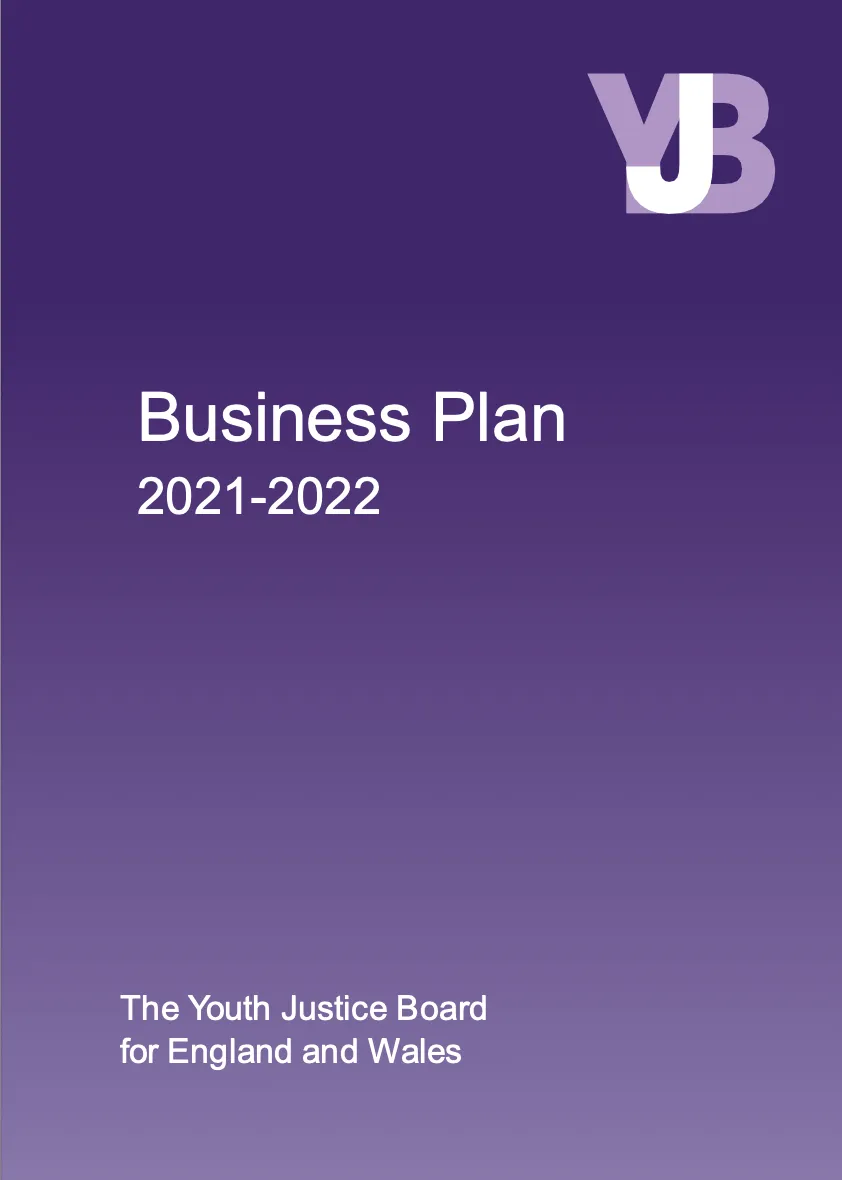
Our vision: A Child First youth justice system
Our vision is of a youth justice system, where all services:
In this vision we include some small but important amendments. These are to recognise explicitly the structural barriers that children face and the responsibility that we, as adults, have towards them. These were introduced in our Strategic Plan 2021-24.
Whilst ambitious, this vision is grounded in firm evidence. The youth justice system has had many successes over the years. Most notably there is the reductions in children entering the system and the numbers of children in custody. However, if we want to make further progress then system changes are necessary. This change cannot be delivered by us, or the youth justice system, alone. However, we will use our influence with others to help bring about the transformation needed. The benefits of achieving this vision are great, not just for children but for all of us. If children are enabled to reach their potential the benefit for society is obvious. This is not only through reductions in offending but through positive gain for all children. But this change will not happen overnight.
This approach is needed, perhaps now more than ever. The COVID-19 pandemic has exacerbated the challenges for many children. This includes an increase in poverty, exploitation and violence at home, missed education and a negative impact upon their mental health. These are all factors outside of a child’s control, but which will inevitably increase the likelihood of them being drawn into the justice system. Society and government in England and Wales must take steps to prevent this happening. We have a responsibility towards children for doing so.
Child First is a journey for the YJB as much as it is for others across the sector. Evidence which has emerged over the years has challenged our previous thinking. Whilst we have embraced this in recent times, we know that we do not always get things right. We are still learning and building our understanding of the evidence and what this might mean for policy and practice. We are not alone on this journey and we are grateful to those to who have offered their mutual support.
We realise that the change we want will be years in the making. Meanwhile, we are committed to exploring with others how the evidence base might be applied within the existing youth justice system. Working with practitioners, policy makers and academics alike in doing so.
We know that we will not be able to complete this work in the coming business planning year, no matter how strong our desire. Work beginning this year will, without doubt, extend into subsequent years. This is a mark of our commitment.
In the coming year we will: